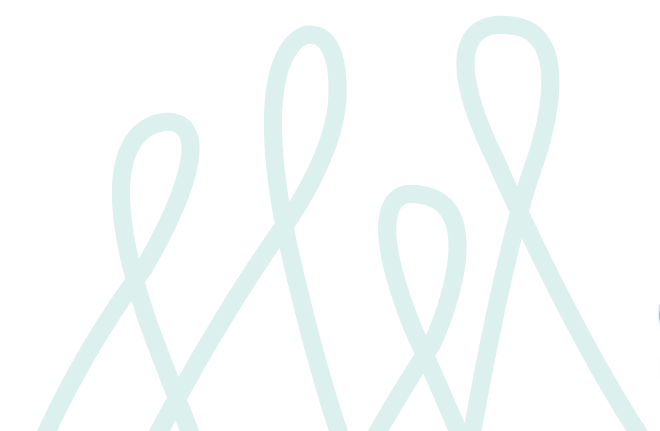Are thos new year resolutions looking a bit ambitious? Maybe they were. Feeling guilty about not hitting diet or gym targets?
Help is at hand…
Let’s consider, for a moment, a motor car. If you drive it to the limit of its capacity, for long hours at a time, for a week or even ten days, then at the end of that time, if you want the usual efficient performance from it, a service would be advisable.
January is the month for your personal pit-stop. In February, you will feel a lot more ready to tackle the gym – and there will be plenty of room in it by then.
Christmas break ---------------------January----------------------February
Self-indulgence---------------------- Self-care---------------Self-improvement
So, in the first month of the new year, it is good to treat yourself gently, putting back the care and attention that may have been ignored in the run-up to Christmas.
Ease yourself into regular meals, with no gaps of more than six hours, which may require planning, particularly for those of you who work irregular shifts.
If you seldom eat breakfast, see whether you can tease your reluctant appetite by having a mouthful of toast or cereal – not a whole portion at the beginning. Gradually increase your breakfast over the month. Incidentally, having breakfast will not put on weight (if this concerns you), it will speed up your metabolism and lessen the urge to over-indulge at the other end of the day.
For exercise, rather than going from ‘couch potato’ to ‘gym bunny’ in one leap grunt, this is the month to take the stairs instead of the lift, walk to the local shops instead of drive and look for small ways to increase your mobility during the day.
If you suffer from sleeplessness, this attention to increased movement during the day and evening is likely to help.
Another aspect of self-care that can be addressed in January is friendships and social activities. If you had a guilty feeling about sending Christmas cards to people you meant to see in 2009, then this can be a great time to follow up with an arrangement to meet. Now that you are not in a stringent routine of self-denial, meeting up with friends will be simpler.
Finally, personal care. Even if your finances took an intense battering last month, one of the ways to help improve your sense of wellbeing is to have something to look forward to, in the near future. If you wait until you have time off to see what you feel like doing then, sometimes the day can fall flat – but planning ahead for activities that cannot be rained or snowed off, can lift the working week.
Enjoy your January!


